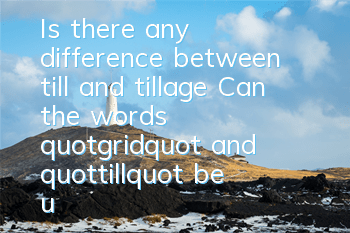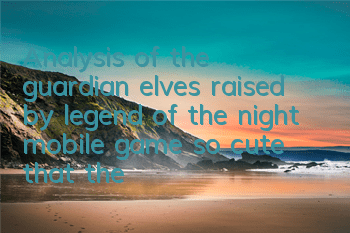Liu Genghong became popular. What is the difference between "growing" and "farming"? Can it be universal?
In the Internet era, the information society can make people very popular in an instant.
Liu Genghong, although he has acted in many TV movies, sang many songs, and participated in many variety shows, he has never been popular. Except for some fixed circles, he is very well-known, far less than his brilliant friend Jay Chou and his partner Zhao Wenzhuo.
But affected by the epidemic, Liu Genghong, who is in his 50s, relies on "cloud fitness" to become popular on the entire network, and has gained more than 10 million fans in just seven days. As of April 20, TikTok fans have reached nearly 20 million, becoming a new top star in the live broadcast industry!
Liu Genghong became popular, and "Geng" also became popular. Most people are confused when they see "公司". How to pronounce this word? What's the meaning? What is the difference and connection with "farming"?
"全" is pronounced as "gēng", which is a pictographic character, with "field" on the left and "jing" on the right. It should be closely related to the "well-field system" implemented by the Zhou Dynasty. Specifically, it should first have the well-field system and then the word "chang".
You can see the evolution process of the following word: the first word should be "rein", "well" and "field", and the third word becomes "farm", which consists of "lei" and "well".
"Pi" is a tool for loosening and turning over soil, and "well" is a field. Using "Pi" to turn over fields is not "pit"?
Read the "Chinese Dictionary" of "Sichuan Dictionary" and the annotation is "Same 'farming'". He also quoted the "Yu Pian" "retro, ancient Chinese essays and characters" and took the example of "The current Qi State's husband is changing, and the woman weavings day and night, which is not enough to serve him" in "Yan Zi's Spring and Autumn".
The modern Chinese dictionary is interpreted as "same 'farming'", and the dictionary published in recent years is interpreted as "same 'farming' in ancient times". The annotation in the reference book is "same", which means that the pronunciation and meaning of these two characters are exactly the same and can be used for common purposes. But if the annotation is "the same in ancient times", it means that "the pronunciation and meaning of ancient times are exactly the same and can be used for common purposes", and the implicit meaning behind it is "not universal in modern times".
From this, we can basically determine that "rein" and "farming" are synonymous.
But since "synonym", does it mean that it can be interchangeable?
From the previous analysis, we can see that if "光" and "光" are now also different characters, the dictionary annotation is "same" and can be interchanged. If the dictionary annotation is "光", it means that the characters used to be different characters, but now they are not considered different characters, so they cannot be interchanged. Looking at the "Modern Chinese Dictionary" of Commercial Press, there is a "reverse" with an asterisk added to the character "Geng". According to the explanation of "Ordinary Rules", an asterisk means that this belongs to the "First Batch of Different Characters Collection Table", which means that "reverse" no longer conforms to the writing methods of modern Chinese characters.
In other words, although "六" is a different word for "六", if someone writes "六", "六", "六", etc. into "六", "六", "六", "六", "六", it does not conform to modern Chinese standards, which is wrong. In dictionaries and dictionaries, "典" is still listed as a different character of "典" in order to clarify the changes in the shape of the characters.
So, does writing "Liu Genghong" in mainland China comply with language standards? According to the provisions of the National Common Language Law, it is OK. According to the provisions of Article 17, paragraph 2 of the Law, the different characters in the surname can be retained. "Liu Genghong" belongs to this "reservable" clause.
At this point, we also need to consider the connection and difference between the standard Chinese characters in the mainland and the standard Chinese characters in Hong Kong, Macao and Taiwan. The word "典" is quite common in Hong Kong, Macao and Taiwan, and is used both in person and place names. For example, there is a calligraphy professor in Taiwan called "Li Geng", whose Yin-Yang calligraphy is very popular. There is an actor in mainland China called "Li Geng", known as "the professional uncle of the country".
Some parents now like to give their children some strange names to show their culture or be innovative. Does that mean that the name of their children can be "replaced"?
Sorry, it is not possible. As mentioned earlier, "典" has been included in the gradual clearance by the first batch of different characters. When registering a household registration, it either directly defaults to "典" or asks to change its name.
Will "retreat" come back to our daily lives? This probably depends on how powerful the influence of "Liu Genghong" is: if it is so big that most people can write "grow" and "replace" the language, it is not impossible to adapt it into the normative words to respond to social changes.
But overall, language is a tool for communication, and in order to facilitate communication, it must be standardized; at the same time, language is also the bond of national feelings of a country, and it is very necessary to standardize writing.
What do you think about this kind of cultural phenomenon? Welcome to communicate!









